Sport Injuries of the Knee
Objectives
- Revise anatomy
- Common injuries:
- Ligaments:
- Cruciate ligaments:
- (ACL, PCL)
- Collateral ligaments:
- (MCL, LCL)
- Cruciate ligaments:
- Menisci:
- (medial, lateral)
- Ligaments:
- Basic management
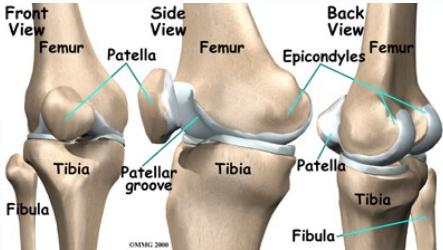
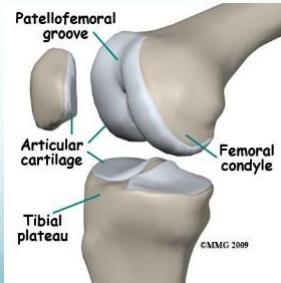
Knee Anatomy
Specific Injuries
Cruciate Ligament Injuries
- Anterior Cruciate Ligament (ACL)
- Posterior Cruciate Ligament (PCL)
Collateral Ligament Injuries
- Medial Collateral Ligament (MCL)
- Lateral Collateral Ligament (LCL)
Meniscal Injuries
- Medial meniscus
- Lateral meniscus
Initial management protocol:
- Rest: Avoid weight bearing
- Splint: Immobilization
- Ice Packs: Reduce swelling and pain
- Analgesia: Pain management
- Exercises:
- Quadriceps strengthening
- Range of motion (ROM) exercises
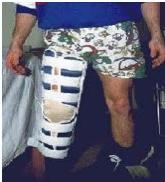
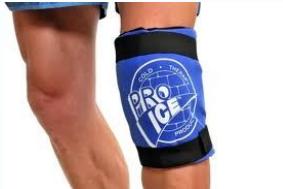

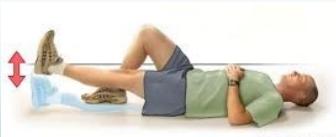
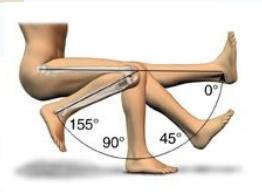
Diagnostic Investigations
X-ray Studies
Basic Views:
- AP (Anterior-Posterior)
- Lateral
Additional Views:
- AP standing
- Skyline (patellar view)
- Stress films (for ligament assessment)
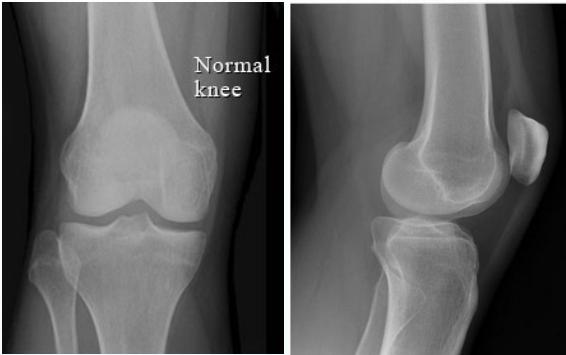
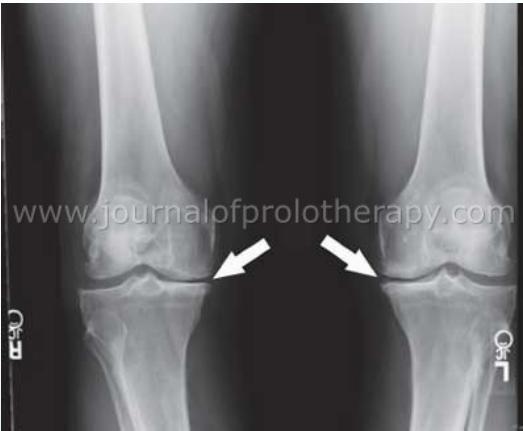
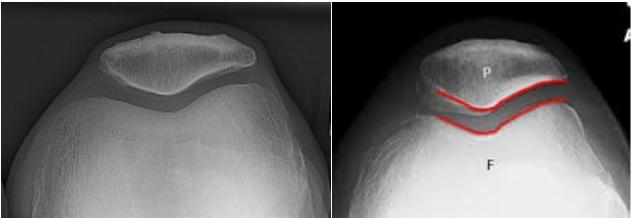
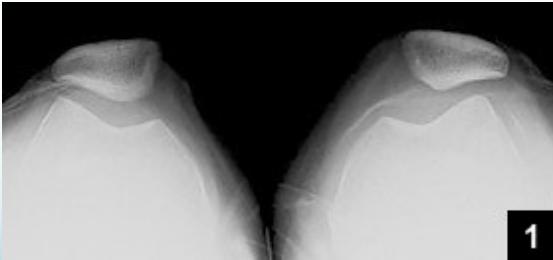
Magnetic Resonance Imaging (MRI)
MRI is the best imaging modality to show:
- Ligament injuries / sprains
- Meniscal injuries
- Soft tissue pathology
Summary
General Management
Acute Injuries:
- Splint immobilization
- Ice packs for swelling control
- NSAIDs for pain and inflammation
- Physiotherapy for rehabilitation
Specific Management by Injury Type
ACL Tears: Depends upon the age and activity level
- Conservative for low-demand patients
- Surgical reconstruction for active individuals
PCL Tears: According to grades and functional demands
- Grade I-II: Conservative management
- Grade III: Consideration for reconstruction
MCL and LCL Tears: Depends upon isolated injuries or combination injuries
- Isolated: Conservative management with bracing
- Combined: Surgical reconstruction
Meniscal Tears: Decision between repair and meniscectomy
- Repair: Peripheral tears in red zone
- Partial Meniscectomy: Non-reparable tears in white zone